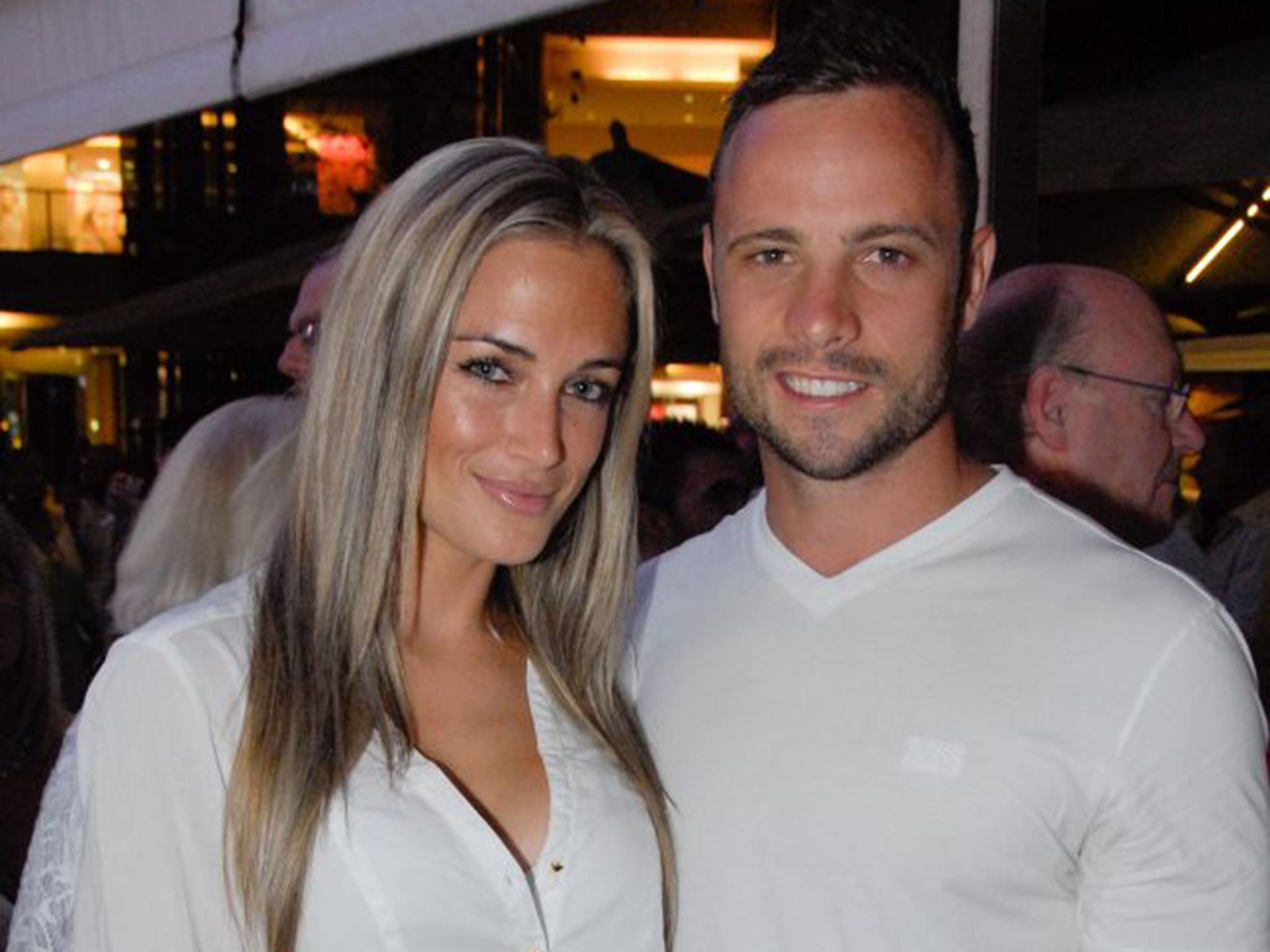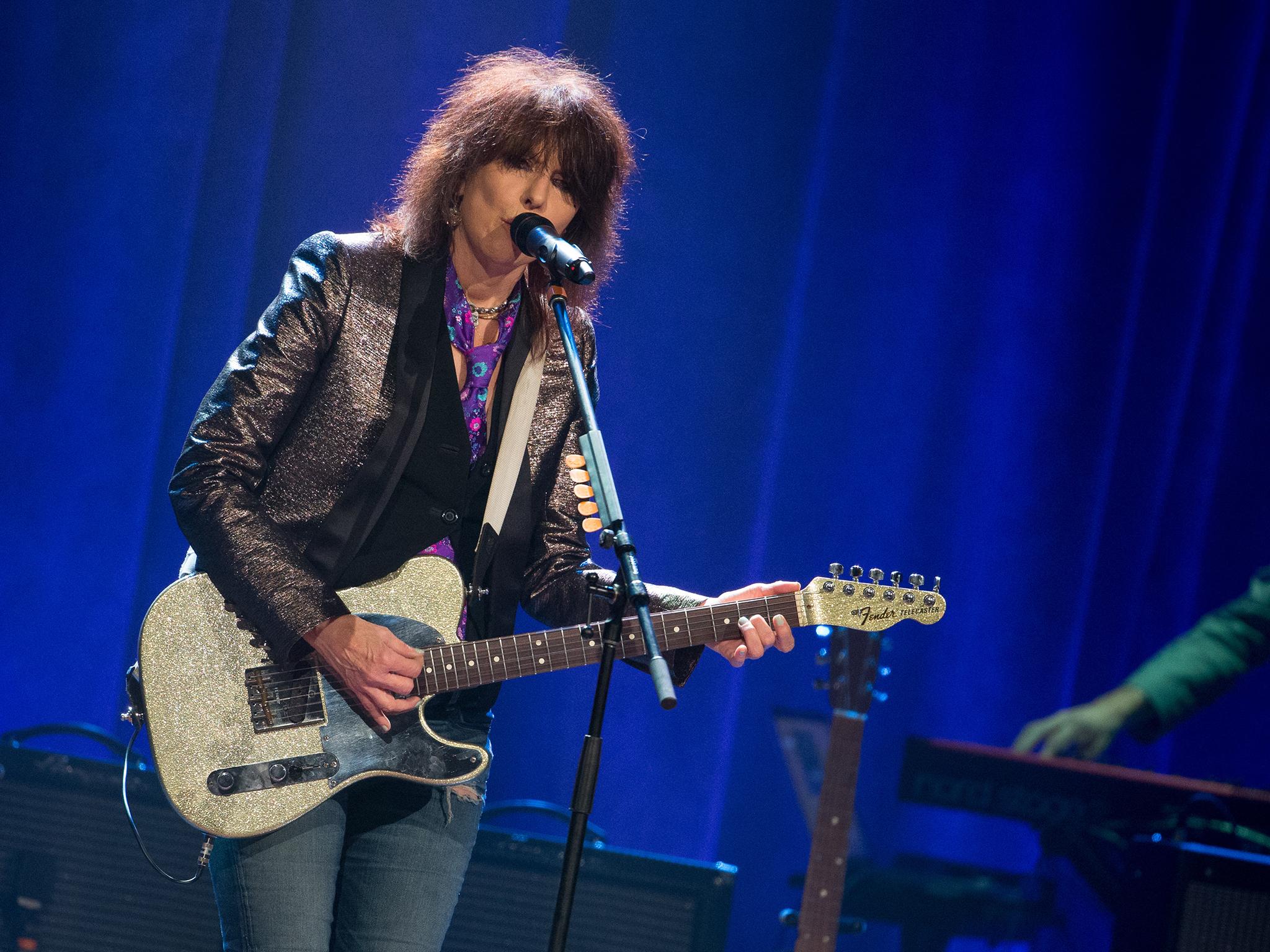Feminism over? Not while so many women still fall victim to male violence
Every day, women from every class and background are attacked by current partners, former partners, male friends and total strangers

Your support helps us to tell the story
From reproductive rights to climate change to Big Tech, The Independent is on the ground when the story is developing. Whether it's investigating the financials of Elon Musk's pro-Trump PAC or producing our latest documentary, 'The A Word', which shines a light on the American women fighting for reproductive rights, we know how important it is to parse out the facts from the messaging.
At such a critical moment in US history, we need reporters on the ground. Your donation allows us to keep sending journalists to speak to both sides of the story.
The Independent is trusted by Americans across the entire political spectrum. And unlike many other quality news outlets, we choose not to lock Americans out of our reporting and analysis with paywalls. We believe quality journalism should be available to everyone, paid for by those who can afford it.
Your support makes all the difference.Have you heard about the woman who seized a man off the street, carried him to a piece of waste ground and raped him? You haven’t because, as far as I know, it hasn’t ever happened. But two women have been snatched, taken out of sight and raped in British cities in the past 12 months. The second attack, which happened in Leeds in August, was revealed when police released CCTV footage of the suspected rapist carrying his victim.
This is the kind of event that comes into my mind whenever someone announces that we’ve achieved gender equality. The Spectator is the latest to repeat this hoary claim, declaring in last week’s edition that “feminism is over, the battle is won”. Well, not from where I’m sitting it isn’t. How could such a thing possibly be true when so many women live in fear of violence?
Every day, women from every class and background are attacked by current partners, former partners, male friends and total strangers. Many men find this behaviour as abhorrent as I do, but the fact remains that most of the perpetrators are male. That’s why the shooting of Reeva Steenkamp by her boyfriend Oscar Pistorius, who was released from prison to house arrest last week, is so haunting. Steenkamp was young, educated and affluent; she campaigned against domestic violence and has become a symbol of the vulnerability of just about any woman since her ghastly death.
Violence against women and girls is so common that it’s become an acronym, VAWG, which is recognised right across the criminal justice system. For the past couple of years I’ve chaired the Mayor of London’s VAWG Panel, which draws up policy to protect women and bring perpetrators to justice. Yet the extent of male violence isn’t even acknowledged in The Spectator.
It mentions rape only in the context of a recent row over remarks by the singer Chrissie Hynde, who said she took responsibility for a sex attack upon her when she was in her twenties. People who support rape victims worry about talk like this, because women who blame themselves are unlikely to get much-needed help. They’re also less likely to report the crime, which means their attackers remain free to target other women.
I’ve read lots of diatribes against feminism over the years and they usually end up, as does The Spectator, by idolising Margaret Thatcher. It’s a manifesto for individual self-interest, ignoring the fact that equality for an entire class (women, ethnic minorities, LGBT people) can’t ever be attained one person at a time. If Baroness Thatcher really changed things forever, why has she been followed by an unbroken line of male prime ministers?
The Labour Party hasn’t even managed to elect a female leader, let alone put a woman in Downing Street – being “acting leader” while the party gets on with choosing the next bloke isn’t the same thing at all. I suspect that the parade of white men at the top of what we used to call the three main parties – Cameron, Osborne, Corbyn, Watson, Farron – is one of the reasons why the Women’s Equality Party has attracted so much support since it launched earlier this year.

What the statistics show is that some British women are doing very well in some areas. I’m glad so many girls are getting top grades in exams and going to university, but it doesn’t alter the fact that three-fifths of those earning the minimum wage are women. The most dramatic indicator of inequality is to be found in crime statistics, which flatly contradict the notion that we’re living in any sort of post-feminist utopia.
In London, three out of four victims of domestic abuse are female. The imbalance in sex crimes is even more striking
Several times a year, I sit in a room at City Hall with senior police officers and go through the latest figures for London, including domestic homicides (there were 26 in the past 12 months). Every time the story is the same: big rises in reported cases of sexual and domestic violence, while refuges are overwhelmed by women needing emergency housing, counselling and protection.
The police recorded more than 145,000 incidents of domestic abuse in London in the past 12 months, which is an increase of 15 per cent on the previous year. Sexual offences were up by 20 per cent, including a 13 per cent increase in reported rapes. A similar picture exists elsewhere: in Scotland, the number of sex crimes recorded by the police has increased by 46 per cent in a decade.
But what’s really telling is the gender breakdown. In London, three out of four victims of domestic abuse are female. The imbalance in sex crimes is even more striking, with women accounting for almost nine out of 10 victims. At the same time, it is overwhelmingly men who are accused of committing these offences: almost 93 per cent of defendants in domestic abuse trials and 99 per cent in rape trials, according to the Crown Prosecution Service, which compiles statistics for England and Wales.
The Spectator thinks it’s “time to move on” from feminism. That’s wishful thinking, as long as the world remains such an unsafe place for women.
Join our commenting forum
Join thought-provoking conversations, follow other Independent readers and see their replies
Comments